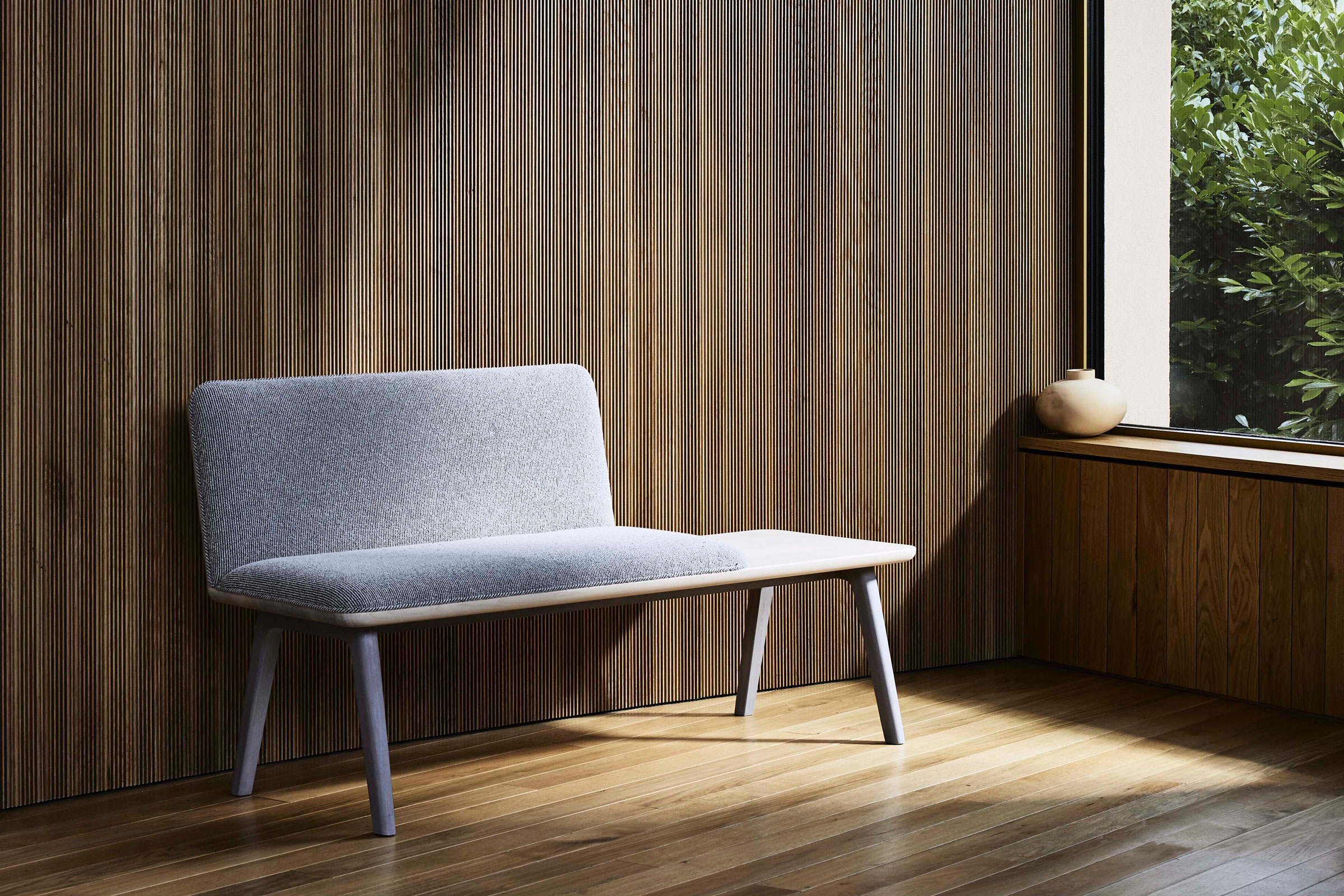Choosing Eco-Friendly Materials: Environmentally Friendly Bedroom Furniture

Choosing sustainable materials for your bedroom furniture is a crucial step towards creating a more environmentally conscious living space. By opting for materials that are responsibly sourced and have minimal environmental impact, you can contribute to a healthier planet while enjoying stylish and durable furniture.
Sustainable Materials for Bedroom Furniture
This section will delve into the most common sustainable materials used in bedroom furniture, exploring their benefits, drawbacks, and notable manufacturers who specialize in their use.
- Bamboo: Bamboo is a rapidly renewable resource that grows quickly and requires minimal water and fertilizer. It is a strong and durable material, often used for furniture frames, bed slats, and nightstands. Bamboo furniture is also naturally resistant to pests and moisture.
- Benefits: Rapidly renewable, strong, durable, naturally pest and moisture resistant.
- Drawbacks: Can be susceptible to scratches and dents, limited color options.
- Manufacturers:
- The Bamboo Furniture Company: Specializes in handcrafted bamboo furniture with a focus on sustainability.
- Moos Furniture: Offers a wide range of bamboo furniture, including beds, dressers, and nightstands.
- Reclaimed Wood: Reclaimed wood comes from old buildings, barns, and other structures, giving it a unique character and reducing the need for new timber harvesting. It is often used for furniture tops, headboards, and accent pieces.
- Benefits: Unique character, reduces deforestation, adds historical charm.
- Drawbacks: Can be expensive, limited availability, may require additional finishing.
- Manufacturers:
- Restoration Hardware: Offers a collection of reclaimed wood furniture with a rustic aesthetic.
- Urban Outfitters: Features reclaimed wood furniture with a modern and industrial vibe.
- Recycled Plastic: Recycled plastic is a sustainable alternative to virgin plastic, offering a durable and weather-resistant material for furniture. It is often used for outdoor furniture but can also be found in indoor pieces.
- Benefits: Durable, weather-resistant, reduces plastic waste.
- Drawbacks: May not have the same aesthetic appeal as natural materials, can be less comfortable.
- Manufacturers:
- Green Furniture Concept: Specializes in furniture made from recycled materials, including plastic.
- Really Good Stuff: Offers a range of recycled plastic furniture for both indoor and outdoor use.
Comparison of Sustainable Materials, Environmentally friendly bedroom furniture
This table compares the sustainability, durability, and aesthetic appeal of bamboo, reclaimed wood, and recycled plastic.
| Material | Sustainability | Durability | Aesthetic Appeal |
|---|---|---|---|
| Bamboo | High | High | Natural, warm, contemporary |
| Reclaimed Wood | High | High | Rustic, unique, historical |
| Recycled Plastic | High | High | Modern, minimalist, durable |
Production Practices and Certifications

Choosing eco-friendly materials is just the first step towards creating a sustainable bedroom. Equally important are the production practices and certifications that ensure the furniture is made responsibly and with minimal environmental impact.
Sustainable Production Practices
Sustainable production practices are crucial for minimizing the environmental footprint of bedroom furniture. This involves using renewable resources, reducing waste and emissions, and optimizing energy consumption throughout the manufacturing process.
Responsible Forestry
Responsible forestry practices are essential for ensuring the long-term sustainability of wood resources. This involves harvesting timber in a way that maintains the health and biodiversity of forests, while also considering the social and economic well-being of local communities.
- Sustainable Forest Management: This involves managing forests in a way that meets the needs of the present generation without compromising the ability of future generations to meet their own needs. This includes practices such as selective logging, reforestation, and protecting sensitive areas.
- Chain of Custody Certification: This certification ensures that wood products come from sustainably managed forests and can be traced back to their origin. This helps consumers make informed choices about the products they buy.
Sustainable Manufacturing
Sustainable manufacturing processes aim to minimize environmental impact throughout the production cycle. This includes reducing energy consumption, minimizing waste, and using recycled materials.
- Energy Efficiency: Implementing energy-efficient technologies and processes can significantly reduce greenhouse gas emissions. This includes using renewable energy sources, optimizing machinery, and improving insulation in factories.
- Waste Reduction: Minimizing waste generation through efficient production processes and recycling materials is essential for reducing environmental impact. This can involve using less material, optimizing cutting techniques, and implementing recycling programs.
- Use of Recycled Materials: Incorporating recycled materials into furniture production reduces the demand for virgin resources and lowers the overall environmental footprint. This includes using recycled wood, metal, and plastic in various components.
Certifications
Certifications play a vital role in ensuring that bedroom furniture is produced in an environmentally responsible manner. They provide independent verification that products meet specific standards for sustainability and ethical production.
Forest Stewardship Council (FSC)
The Forest Stewardship Council (FSC) is a non-profit organization that promotes responsible forest management worldwide. It sets standards for sustainable forestry practices and certifies products that meet these standards.
- FSC Certification: This certification ensures that wood products come from forests that are managed according to the FSC’s principles and criteria. This includes considerations for biodiversity conservation, soil protection, and community benefits.
- Chain of Custody: The FSC’s chain of custody system tracks wood products from the forest to the final product, ensuring that they meet the organization’s standards throughout the supply chain.
Global Organic Textile Standard (GOTS)
The Global Organic Textile Standard (GOTS) is a leading standard for organic textiles. It sets requirements for the production of organic fibers, including cotton, wool, and linen, and ensures that textiles are manufactured in an environmentally and socially responsible manner.
- Organic Fiber Content: GOTS certification requires a minimum percentage of organic fibers in the textile. This ensures that the product is made with sustainably grown materials.
- Social and Environmental Standards: GOTS also sets standards for the manufacturing process, including requirements for water and energy efficiency, chemical restrictions, and fair labor practices.
Other Certifications
Several other certifications address specific aspects of sustainable furniture production.
| Certification | Criteria | Environmental Impact |
|---|---|---|
| LEED (Leadership in Energy and Environmental Design) | Building design and construction standards for sustainability | Reduced energy consumption, water use, and greenhouse gas emissions |
| Cradle to Cradle Certified | Product design and manufacturing standards for sustainability and circularity | Minimized waste, use of renewable resources, and safe material cycles |
| B Corp Certification | Company’s social and environmental performance | Improved worker conditions, ethical sourcing, and community engagement |
